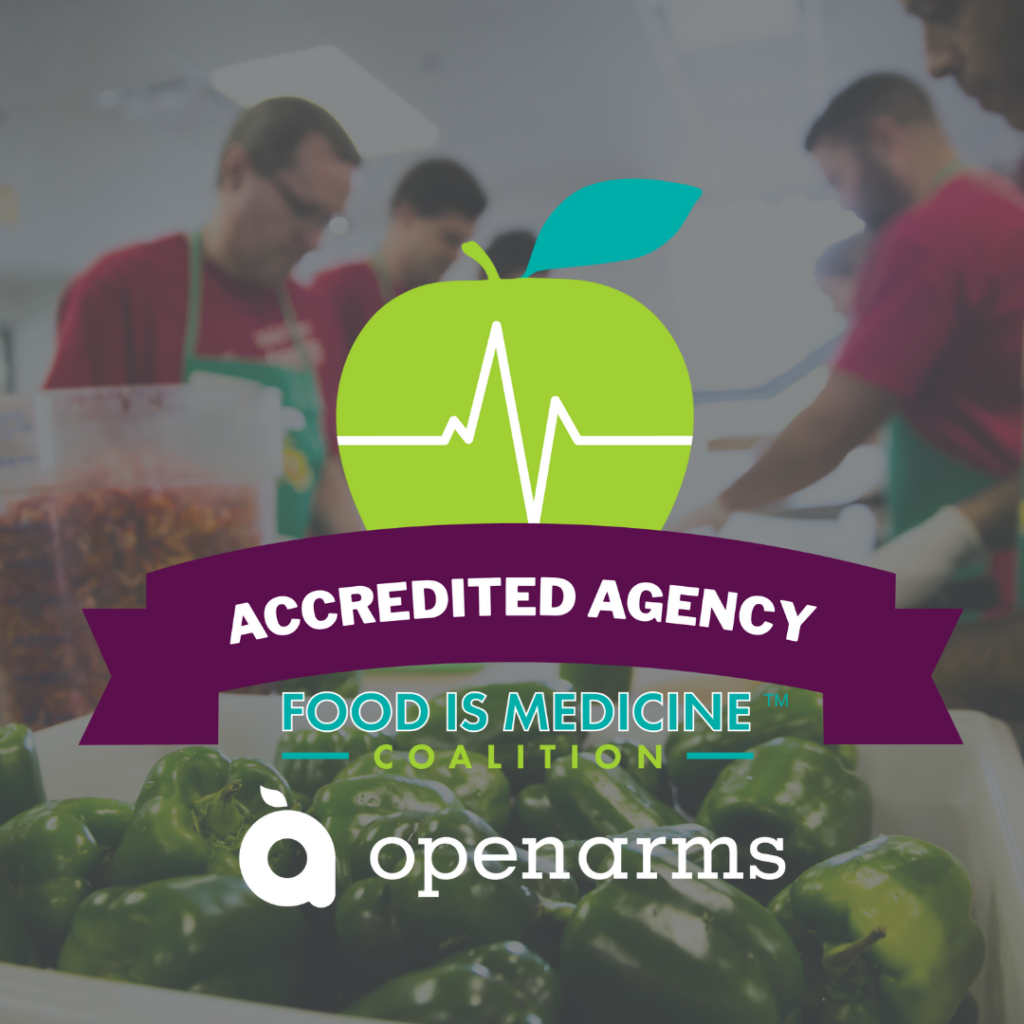The popularity of coffee becomes even more obvious in Ethiopia when meeting with representatives from social service organizations who work on issues like hunger, malnutrition, and HIV/AIDS. At every meeting a slip of paper is presented for guests to designate their preference for a macchiato, coffee, tea, or water. Within minutes of indicating your order, a staffer presents a tray with the selected refreshments. Having already consumed enough macchiatos for one day, I politely passed on another espresso shot while meeting with Ato Gonfa, HIV/AIDS Prevention and Control Desk Head, at a sub city level in Addis Ababa. I did not pass, however, on his offer to give me a box of coffee flavored condoms.
The box of three “international quality latex condoms” are marketed under the name of Coffee Sensation and sell for three Birr a box – that’s the equivalent of 30 cents for three condoms. The box is illustrated with condoms and coffee beans and is a big seller in this highly caffeinated country. Although Ethiopia doesn’t have the high rates of HIV infection that are associated with nations like South Africa, the fact that coffee flavored condoms are manufactured in the first place indicates the seriousness of HIV/AIDS here.
Ethiopia has a population of 80 million people, the overwhelming majority of who live in rural areas. Unemployment rates are high – over 50% – and the literacy rate is only about 40%. The overall rate of HIV infection in the nation is 2.1% of adults. Addis Ababa, a sprawling urban center of five million people, has a significantly higher rate of HIV/AIDS. The disease has created a population of approximately 900,000 orphans. Although Anti-Retroviral Treatment (ART) is available for people living with the disease here, there are still thousands of people who could benefit from the medicine who do not currently receive it. Food insecurity is a major factor in the lives of many Ethiopians who suffer from hunger and malnutrition. This is especially true for people with HIV/AIDS who may have access to treatment for their illness, but are taking these powerful drugs on empty stomachs, thereby reducing the effectiveness of the medications and creating other health issues that could easily be avoided with food and proper nutrition.
The global food crisis has resulted in unprecedented increases in food costs in Ethiopia. The food crisis, combined with a drought that has diminished crop production throughout much of Ethiopia, has resulted in increasing rates of malnutrition. UNICEF estimates that there are 75,000 severely malnourished children in Ethiopia and predicts that anywhere from one-quarter to one-half of them will die without intervention. In the future, a coffee flavored condom might prevent HIV infection in these children. That is, if they don’t die of malnutrition or starvation before they reach an age of sexual maturity.








